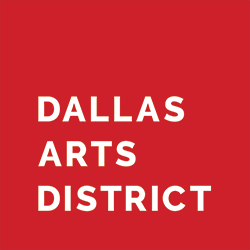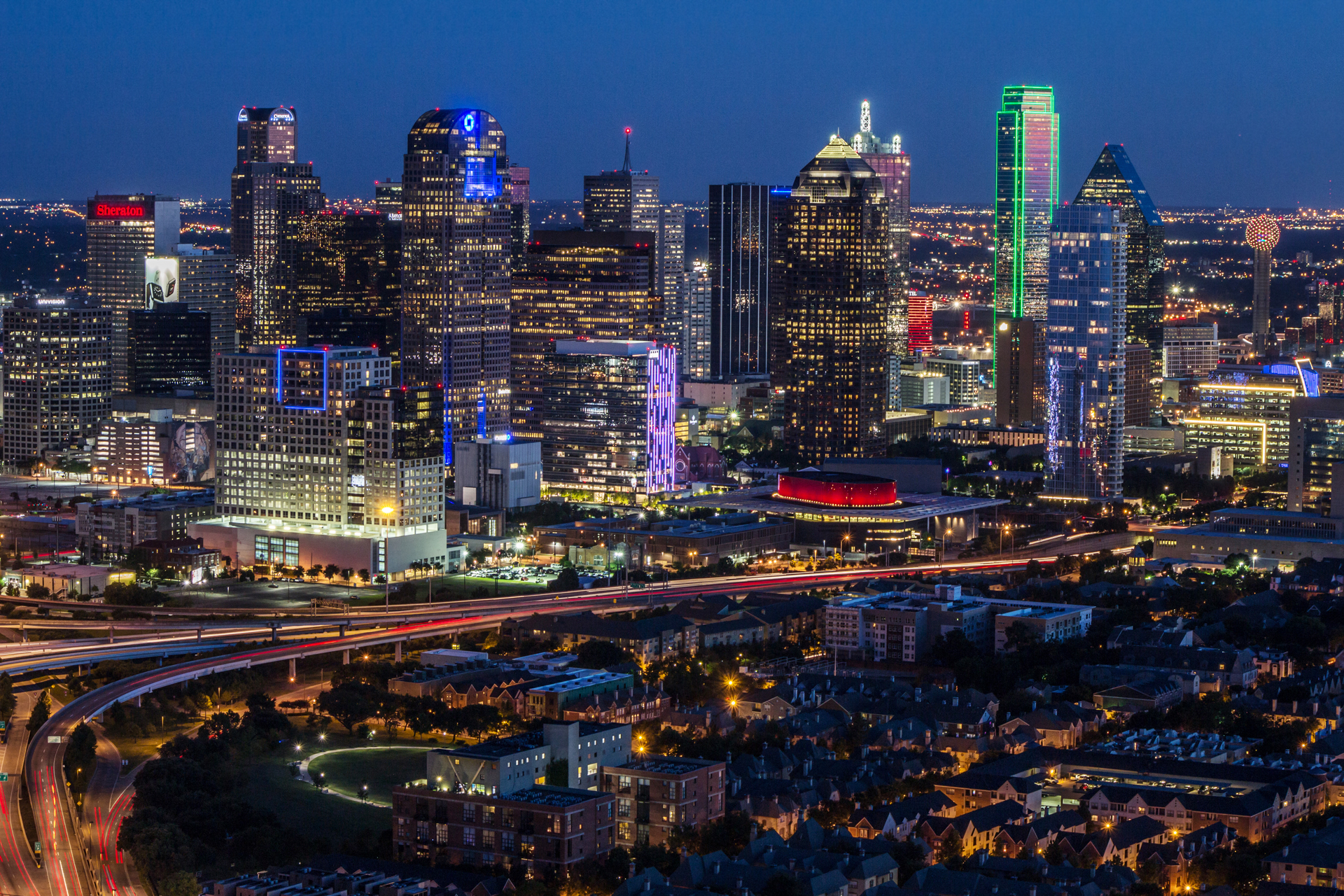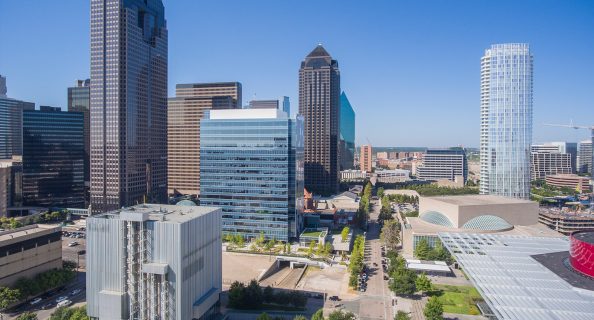Click for downloadable version: Dallas Arts and Community Reopening Guidelines 7.23.2020
Click HERE to read live updates from Dallas County and HERE for a direct link to the CDC
_
DALLAS ARTS & CULTURAL FACILITY OPENING GUIDELINES
updated 7.23.20
As Texas works to reopen from its COVID-19 closures, members of the Dallas nonprofit arts and cultural community have created guidelines to resume operations once authorized to do so. The standards capture overarching safety principles and risk mitigation practices in our industries that will guide the policies and strategies unique to each organization’s art form, audiences, artists, and venues. This is a living document. We will regularly assess the evolving status of the pandemic in North Texas and will, in alignment with the latest scientific and medical recommendations, make changes accordingly. These guidelines have been reviewed by Dr. Trish Perl, Chief, Division of Infectious Diseases at UT Southwestern Medical Center and her recommendations have been incorporated.
Background:
Arts and culture define the identity of Dallas. It’s an industry which, before COVID-19, had an annual economic impact of close to $1B supporting 33,000 jobs. Each year, the economic impact generated by these small businesses produce more than $45M in local tax revenues.1 Our diverse, growing cultural community has supported our reputation as a creative, vibrant city helping to attract talent, jobs, and corporate relocations to Dallas. They create economic, cultural, tourism, and quality-of-life ripple effects touching every corner of our city. To resume operations, we are adopting reasonable measures as a roadmap to reduce risk moving forward while providing a safe, welcoming, and respectful patron experience.
Guiding Principles for Reopening to the Public:
Each organization will determine risk mitigation factors for external and internal conditions that will allow for its reopening and ongoing specific operating procedures. This builds on the guidance from the Governor, Centers for Disease Control and Prevention, and City and County health and public safety authorities.
Before reopening, each organization will develop its own risk mitigation plans for its unique venues and art form that will address:
1) Patrons and guests
2) Artists, lecturers, visiting companies and back-of-house staff
3) Docents, ushers, volunteers, concessions and front-of-house staff
4) Contractors (i.e. security, parking, concessions, etc.)
5) Office staff
6) Equity and accessibility
To reassure the public, our staff, and our artists, we will work to achieve the following safety and risk mitigation measures:
- Maintain social distancing as a core principle in determining the number of public visitors in our venues and in creating our patron flow and experience models. This includes seating and ticketing maps, alongside reduced numbers of visitors in spaces and highly encouraged advance ticket sales for museums.
- Require patrons to bring and use their own face coverings in our venues. The venue will supply masks to those who neglected to bring them. Requirements may vary for outdoor spaces.
- Create a Code of Conduct for staff, artists, volunteers, and patrons that:
- Outlines key expectations including mask use, personal temperature checks, social distancing, and respect for others.
- Requests they do not come to the facility if they are feeling ill or have other symptoms such as fever or loss of smell.
- Asks patrons to check this box in the ticketing purchase path (if technology supports.)
- Patrons who do not comply with these guidelines may be asked to leave the premises.
- Require face masks and good hand hygiene for all staff who engage with the public and, where necessary, face shields.
- Map the patron experience to reduce or eliminate points of contact or create social distancing.
- When and where possible, create “touch-free” or “low-touch” entrances, exits, money transactions, ticket scanning, etc.
- Provide alcohol hand sanitizer and stations to facilitate good hand hygiene practices.
- Institute enhanced cleaning protocols, including frequent disinfection of “high-touch” door handles, elevators, and restrooms. Provide multiple sanitizing stations.
- Monitor public spaces to facilitate social distancing.
- When large attendance numbers are expected, work to achieve a balanced arrival, entry, and exit process through timed tickets, pre- reserved entry and exit times, or other means to achieve this purpose.
- Develop strong strategies, both pre-arrival and onsite, that clearly communicate policies in place, health and safety measures taken, and what to expect in the patron path during their visit.
- Consider the use of acrylic screens, face shields, or similar protective barriers at key customer contact points in the patron path.
- No docent-guided tours will be allowed in the opening phase.
- Self-parking will be encouraged with updated protocols and training for parking employees, contractors, and volunteers.
- Work to support infection tracking efforts by local health officials when the situation warrants.
- Work with the facility’s engineering team to maximize air circulation and filtration systems where possible.
- With the government’s social distancing capacity limits as the legally allowed base, individual organizations may determine that a higher capacity must be reached to reopen in a safe and fiscally responsible way unique to their art form, venue, and experience.Theatres, Lecture Halls, and Concert Halls:
- Create ticketing and seating strategies to ensure appropriate social distancing between individuals or parties while providing a good performance experience.
- Develop strategies to achieve social distancing in backstage spaces to protect artists and technical crews before, during, and after performances.
- Encourage the artists/producers to choose or adapt creative content, and develop staging strategies that mitigate the risk to artists, crews, and technicians during performances.*****
This document represents the consensus view of the 60 organizations listed below and is not intended to be binding on any of them. None of the organizations involved in the preparation of this document will have any liability to any person for a failure, inadvertently or intentionally, to follow, implement or enforce any of the policies and procedures described herein, and no person may rely on the policies or procedures as a basis for asserting any claim against any organization.
Participating Dallas Cultural Organizations*
- African American Museum
- Anita N. Martinez Ballet Folklorico
- American Baroque Opera Company
- AT&T Performing Arts Center
- Avant Chamber Ballet
- Beckles Dancing Company
- Bishop Arts Theatre Company
- Bruce Wood Dance
- Business Council for the Arts
- Chamber Music International
- Children’s Chorus of Greater Dallas
- City of Dallas Office of Arts and Culture
- Majestic Theatre
- Moody Performance Hall
- South Dallas Cultural Center
- Latino Cultural Center
- Creative Arts Center of Dallas
- Crow Museum of Asian Art, University of Texas at Dallas
- Cry Havoc Theater Company
- Dallas Arts District Foundation
- Dallas Bach Society
- Dallas Black Dance Theatre
- Dallas Chamber Symphony
- Dallas Children’s Theater
- Dallas Heritage Village at Old City Park
- Dallas Historical Society
- Dallas Holocaust and Human Rights Museum
- Dallas Institute of Humanities and Culture
- Dallas Museum of Art
- The Dallas Opera
- Dallas Summer Musicals
- Dallas Symphony Orchestra
- Dallas Theater Center
- Dallas Video Fest
- Dallas Winds
- Dance Council of North Texas
- Danielle Georgiou Dance Group
- Echo Theatre
- Fair Park First
- Fine Arts Chamber Players
- Indique Dance Company
- Junior Players
- Klyde Warren Park
- Lone Star Wind Orchestra
- Lyric Stage
- Nasher Sculpture Center
- North Texas Ballet
- Ollimpaxqui Ballet
- Orchestra of New Spain
- Orpheus Chamber Singers
- Pegasus Theatre
- Perot Museum of Nature and Science
- The Sixth Floor Museum at Dealey Plaza
- Sammons Center for the Arts
- Second Thought Theatre
- Shakespeare Dallas
- Soul Rep Theatre Company
- Texas Ballet Theater
- TITAS/Dance Unbound
- Theatre Three
- Turtle Creek Chorale
- Undermain Theatre
- Uptown Players
- Verdigris Ensemble
- The Women’s Chorus of Dallas
^1–2015 Arts & Economic Prosperity 5, City of Dallas, Americans for the Arts


